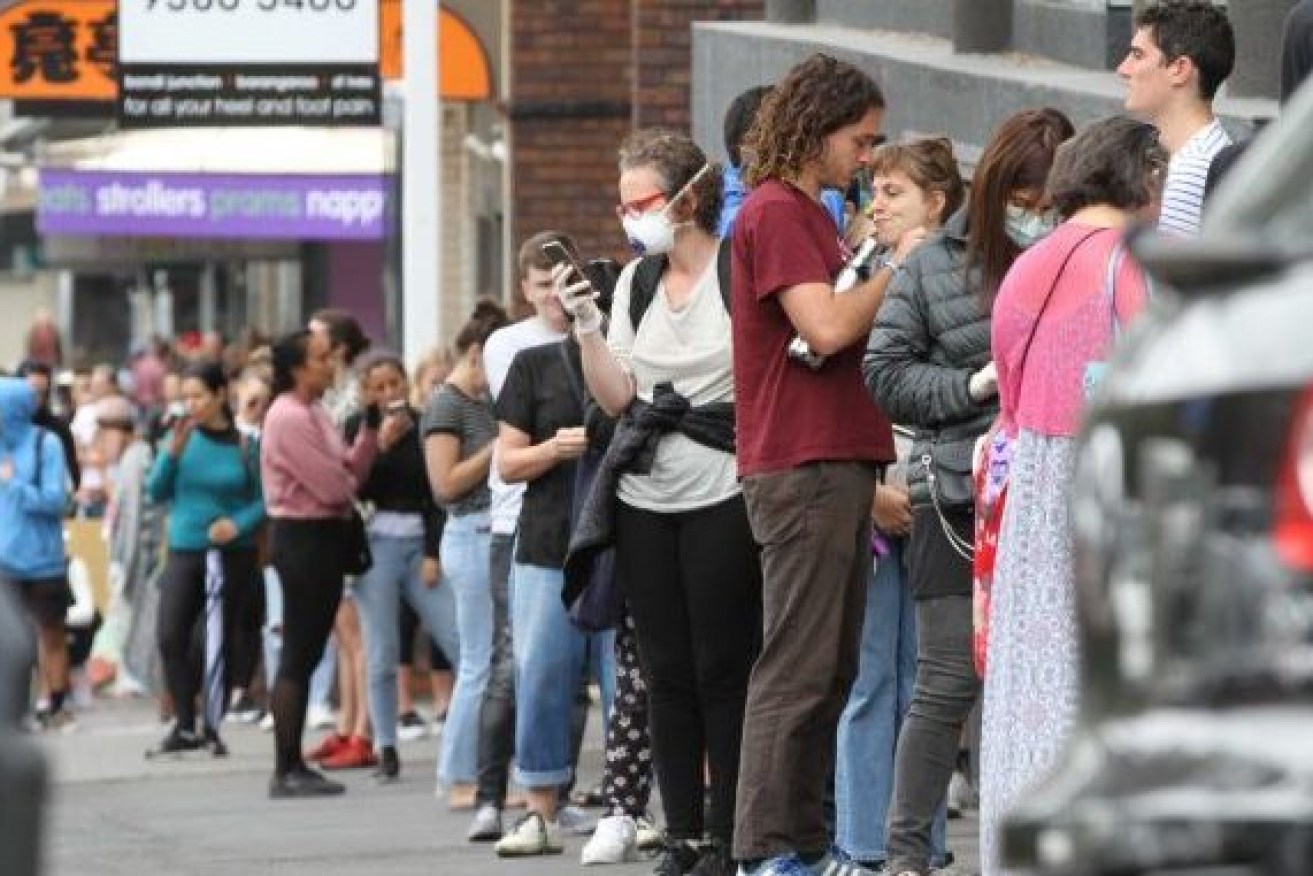Unemployment at record lows, but not much joy for Centrelink generation
Record low unemployment has done little to improve the fortunes of people who have been out of work for years.

Job advertisements have started to fall (Photo: ABC)
The jobs market is still failing the long-term unemployed despite the jobless rate hovering around 50-year lows, with job seekers in this category competing fiercely over disappearing entry-level jobs.
Anglicare Australia research found there were typically 15 people without qualifications or work experience competing for each entry-level job.
And, in the past 12 months, the number of unemployed and underemployed people had shrunk by more than 20 per cent but the number of job seekers with barriers to work remained relatively stable.
Executive director Kasy Chambers said the same people were missing out on jobs despite the ultra-competitive jobs market.
“Our system is failing those who need the most help to find work – people with disabilities, who didn’t finish year 12, or older workers who lost their jobs later in life,” Chambers said.
The report also found entry level jobs were slowly disappearing, with applicants needing a tertiary education and at least three years’ experience for nearly half of all vacant jobs.
Chambers called for an overhaul of Workplace Australia, Australia’s employment services system, and for a focus on entry-level job creation.
“We need to create entry-level opportunities for people in growing industries – like aged and disability care,” she said.
The government is undertaking a review of Workplace Australia.
Meanwhile, the slowdown in economic growth suggests the Reserve Bank’s interest rate hikes are starting to take effect.
September quarter national accounts showed the economy grew by 0.6 per cent, which followed a higher 0.9 per cent lift in the three months prior.
Deloitte Access Economics partner Pradeep Philip said the September print suggested the RBA had already done enough to temper demand and cool inflation.
The data showed wages failing to keep up with inflation and consumers spending more of their income in savings, suggesting the high levels of consumption would likely run out of steam.
“The RBA’s job is to slow the economy and we’re just starting to do that,” he told AAP, noting that central banks have a tendency to overdo policy tightening.
He said a pause was likely when the board next meets in February.












